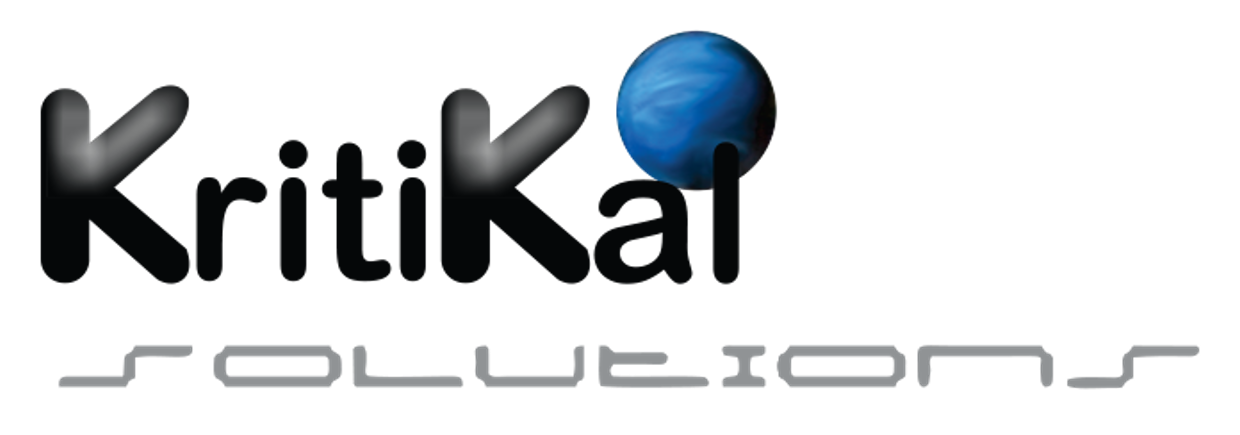What are Cloud Migration Solutions?
Cloud migration refers to shifting a company’s databases, assets, services and applications completely or partially into the cloud or to a different cloud from existing one. According to a McKinsey report, during COVID-19 times, a critical upsurge was observed in about 55% of companies to switch to cloud transformation, thus, by 2022, this market was valued at USD 114.08 billion and is likely to reach approximately USD 637.66 billion by 2030, soaring at a CAGR of 25.9%.

Bar graphs representing increase in cloud migration and cloud hosting spend since COVID-19
The basic steps to cloud migration or a cloud journey involve Determining value gain, Laying objectives and subsequent strategy (alternatives), Discovery (what, when, where), dependency mapping, assessment (risks, cost, control, flexibility, infrastructure, apps, data landscape, regulatory constraints) and pre-migration predictive analysis, and finally, cloud migration (automated management, migration tools, solution accelerators).
Where cloud migration can refer to Re-hosting (on-premise hosted apps to cloud ), Re-factoring (application components are updated with respect to programming for adhering to functional and security needs, enterprise standards) or Re-platforming (reducing operational expense by shifting enterprise supported platforms to CNaaS Platform Standards based operating systems).
How Cloud Migration Solutions Help Your Business?
Cloud migration solutions can assist in unthrusting a business by tackling the following issues:
- Outdated servers: Such servers can pose data leakage and cyber security risks. A company can effectively transfer all its requisite data, applications, services etc. to the cloud if it experiences its current servers being outdated.
- Inept infrastructures: Inefficient legal IT infrastructures can lead to slow internal network, software compatibility issues and even system crashes. Cloud migration can help in such cases, powered by cloud IoT solutions that provide access to a network of IoT devices, apps, servers, storage and more.
- Ineffective firewall: These issues not only affect performance and overall cost, but also invokes user restriction and complex operations. Thus, the business may also switch to cloud migration if the current servers provides unreliable firewall applications.
- Hardware Unavailability: During COVID-19 times, transportation of hardware saw a drastic reduction in number. If the business is facing downturns due to loss or unavailability of hardware and software solutions or their inability to operate at maximum capacity increasing requirements, this is one solution.
- Operational Inefficiency: On-premise business structures are costly, complicated, difficult to audit and tedious to maintain. Compared to that, cloud migration helps in updated performance insights and operational efficiency with large amount of data in real time.
- Rigid Platforms: Such solutions are capable of providing conventional re-platforming services and tailored or automated language translation that are instant, scalable to handle huge inputs, flexible with respect to multi-lingual aspects and with increased usability for professionals.
- High Expenditure: Cloud migration solutions provide custom made application modernization services according to company sizes which can reduce expenditure as compared to buying off-the-shelf, provide better performance, innovation and security with scalable and interconnected resources and data.
- Ownership Costs: By executing lift-and-shift cloud migration, the total cost of ownership may drastically reduce, benefitting the business’ rate of interest with respect to its profits.
- Delayed Delivery: Building loyal customers with timely and secure deliveries is of utmost importance for any business. As and when applications, databases and assets are transferred into the cloud , the overall delivery time can be improvised.

- Operational Transparency: Many cloud providers have integrated enhanced security options, adaptable innovative techniques, agile and flexible methodologies along with their services that can aid in predictable costs, transparent operations, risk reduction and satisfied team and customers.
- Evolving Market: We are well aware of certain businesses that were unable to evolve with changing times and technology such as Pan American Airways, Kodak, Compaq etc.. The aforementioned solutions assist businesses to tend to the ever evolving market and customers to stay competitive enough in the market in the coming years.
- Geographical Barriers: In earlier times, geographical barriers made transporting physical IT infrastructures, hardware and so on difficult, posed distances from international markets and lack of access to new technologies etc. Today, businesses can easily handle online market demand as compared to geographical interruptions they may have faced earlier with these solutions.
- Employee Disengagement: It poses a great threat to the overall working of a business. These help the business flourish as an elastic digital workplace for remote working which leads to employee satisfaction due to flexible work schedule, enhanced productivity, increased motivation, saving rental costs and transit time as well as prioritizing their well-being.
- Resource Unavailability: Changing market demand can lead to resource unavailability, even amidst project delivery. Many cloud migration solutions are such that they can serve a hand in easing the uprising surge of resource demands.
- Increasing Service Demand: Businesses can easily pertain to the increasing demand of Platform-as-a-Service (PaaS), Software-as-a-Service (SaaS), Infrastructure-as-a-Service (IaaS) and much more through cloud.
- Low Computing Systems: Cloud migration also helps in cloud scalability which refers to demand based adaptation of computing system by increasing or decreasing resources like storage, network capacity, computing power according to computing requirements.
- Security Issues: Further security and compliance requirements can be custom added during migration in order to protect sensitive data and workloads.
- Lack of Automation: Cloud operating models have proven to be more efficient since they are powered by AI, automation and analytics that can be custom added during migration as and when required by the customers.
- Business Transparency: As per a Cyberlogic report, the overall cloud spend can be reduced by around 30% during transformation by placing workload based on transparent business parameters.
- Low Agility: Start-up time post transformation is drastically reduced due to Cloud-as-a-Service operational expenditure model that improves agility and flexibility for the customers.
How Can KritiKal Solutions Help?
KritiKal can provide you with excellent cloud migration services. It lays out all the options in order for a business to understand how applications can be rebuilt for performing optimally in the cloud . It assists you in carefully analyzing, planning and executing this shift with its expert cloud engineers with skills pertaining to Amazon Web Services, Google cloud , Microsoft Azure and more.
KritiKal has helped various businesses in developing cloud-based applications and platforms, such as recruitment portals, searching tools, order management applications, real-estate applications, document ranking tools etc.
KritiKal also offers cloud migration consulting services that helps businesses understand application modernization, its requirements, and manner of working, ultimately executing it according to business requirements.
It suggests how operational competitiveness can be boosted by reducing testing costs using cloud testing and Selenium automation frameworks supported by programming for cloud apps. Switch to accelerated cloud computing transformation with KritiKal and let it aid you in your cloud journey. We have worked in the past with some major USA based clients companies for providing them with cloud migrations services. Please call us or mail us at sales@kritikalsolutions.com to avail our services.

Mayank Soni holds the position of Technical Architect at KritiKal Solutions. He has a fairly considerable software architecture background, with a vast experience of navigating various complex software systems as well as new gen technologies such as AWS, Azure, DotNet and Node.js. Mayank has been a part of multiple crucial projects and has helped KritiKal steer successfully through them.



 Global
Global  United States
United States 

